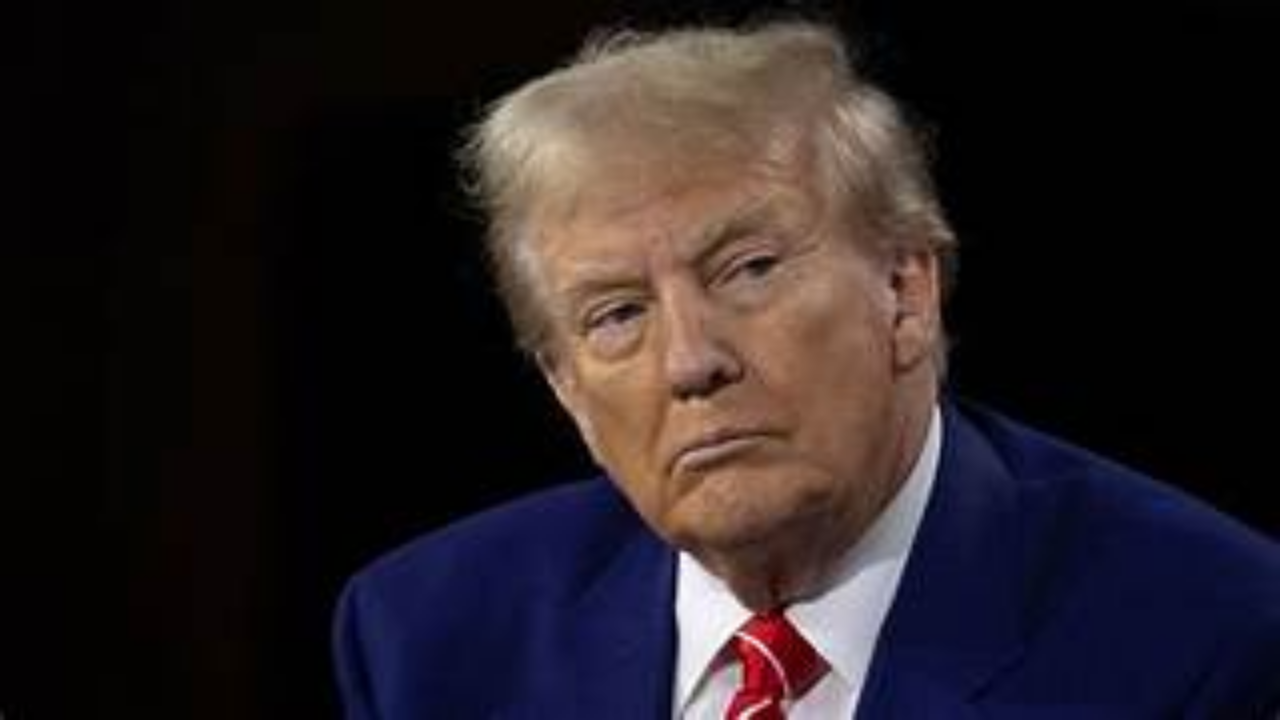Trump Demands Pharma Companies Cut Drug Prices, Citing “Most Favored Nation” Policy
In a significant move targeting the pharmaceutical industry, President Donald Trump has sent letters to 17 major drug companies, including Eli Lilly, Novo Nordisk, and Pfizer, demanding that they lower drug prices in the United States. This action is rooted in a “Most Favored Nation” policy, which he is seeking to revive.
The Key Demands
The letters, which Trump also shared on Truth Social, lay out several key demands:
- Medicaid Pricing: He is calling for drugmakers to offer “most-favored-nation” pricing for all drugs covered by Medicaid. This means that prices in the U.S. would be equal to the lowest prices the companies charge in other developed nations. This is an expansion of his previous policy, which focused on Medicare.
- Pricing Parity for New Drugs: For any new drugs launched in the U.S., Trump is insisting that their pricing must be on par with international markets, preventing them from being sold at a higher cost than in other developed countries.
- Repatriation of Profits: Trump is also demanding that any additional profits a company earns by raising drug prices abroad to match U.S. levels must be brought back to the United States. He states this money should be used to offset drug costs for American families and taxpayers.
Market Reaction and Context
Following the announcement, the stocks of several pharmaceutical companies, including Pfizer, Eli Lilly, and Gilead Sciences, experienced a decline. The NYSE Arca Pharmaceutical Index also fell, reflecting investor concerns about the potential financial impact of these demands on the industry.
This initiative is the latest in Trump’s ongoing efforts to tackle the high cost of prescription drugs in the U.S. He argues that American consumers are paying more than three times the price for brand-name drugs compared to other developed nations, effectively subsidizing lower prices in other countries.
However, critics of the policy, including some industry experts, have expressed concerns that drastic price cuts could hinder pharmaceutical innovation and potentially lead to drug shortages. They also point out that a previous attempt by the Trump administration to implement a similar rule was blocked by federal courts. Despite the pushback, some companies have indicated a willingness to work with the administration.
